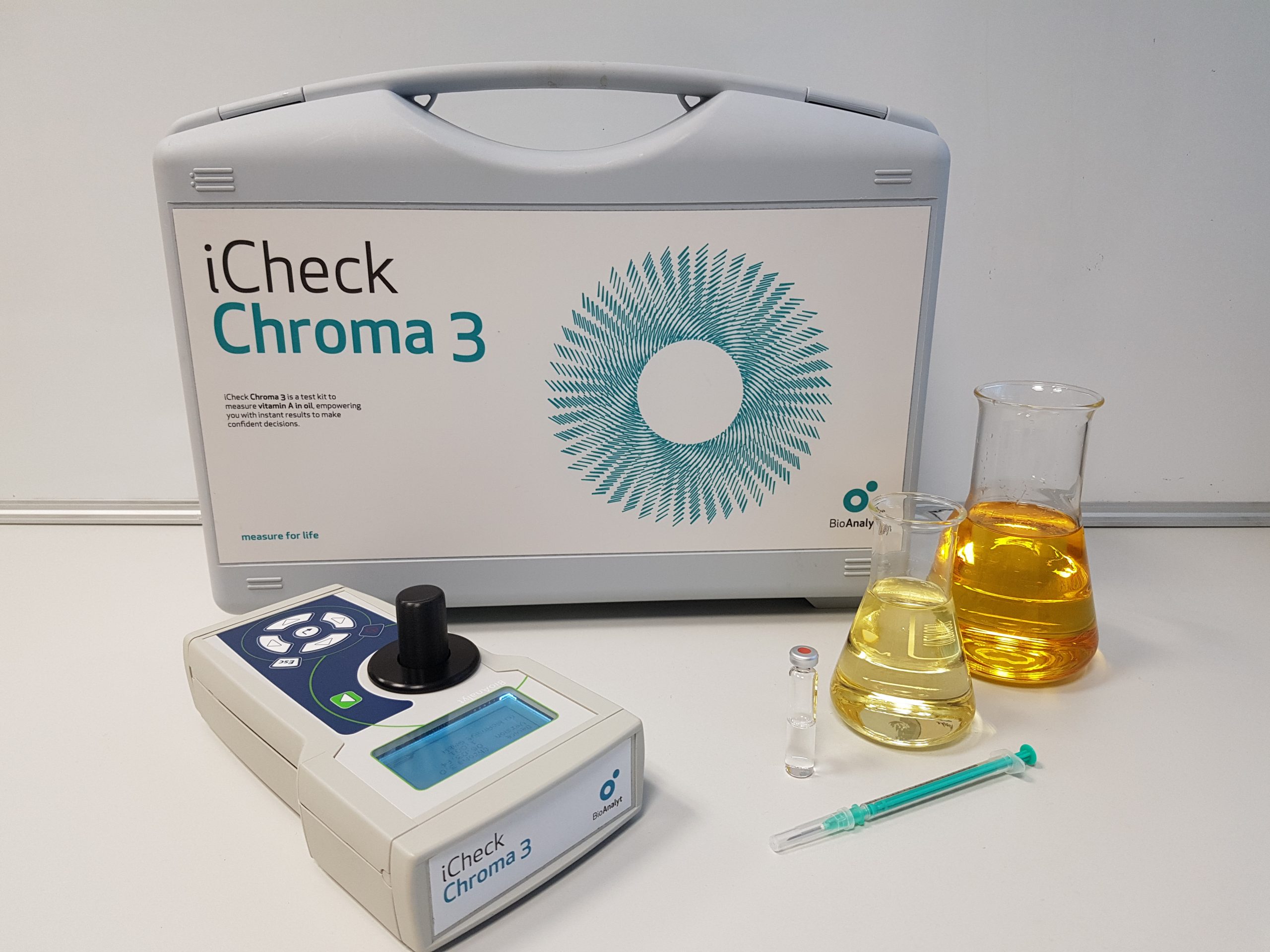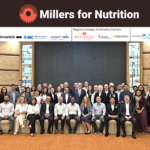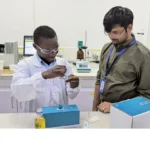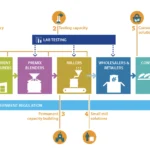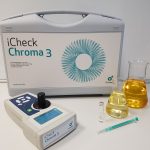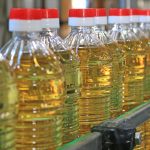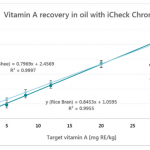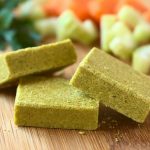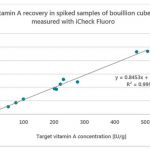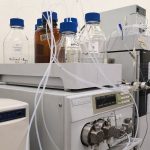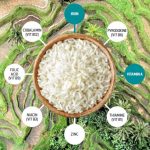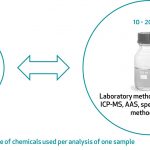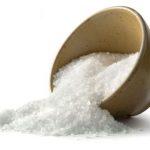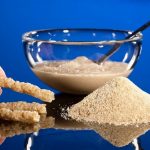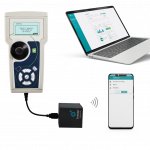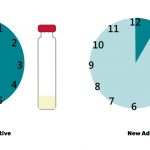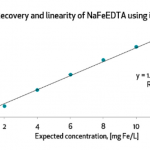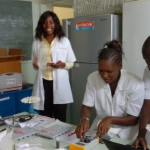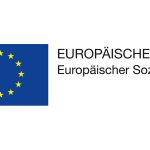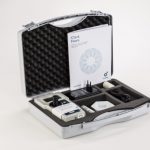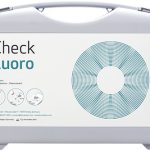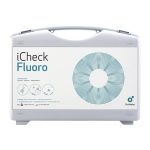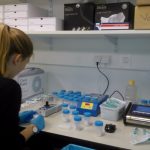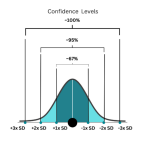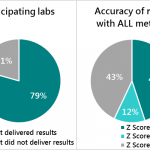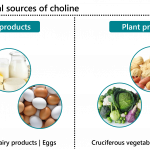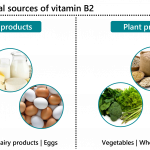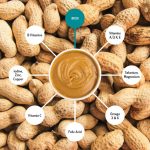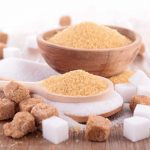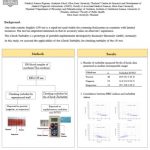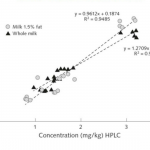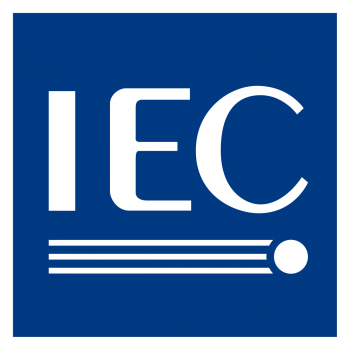A new study, published in the Food Analytical Methods, compared a portable device to high-performance liquid chromatography (HPLC) in terms of quantification of vitamin A in both spiked and commercially fortified oils.
Fortifying edible oil with vitamin A is a common strategy to reduce vitamin A deficiency in vulnerable populations, affecting almost 150 million children worldwide, and to lessen its harmful effects. Effective regulatory monitoring is crucial to ensure the successful implementation of the fortification program.
Traditional laboratory methods for analyzing vitamin A levels in oils are costly and time-consuming. In contrast, portable testing devices are more affordable regarding initial investment and cost per test. Nonetheless, it is essential to ensure the reliability of these results to maintain trust and acceptance.
The Study: Comparing iCheck Chroma 3 with HPLC
This study compared two methodologies for analyzing vitamin A content in nine types of cooking oils, including both spiked and commercially fortified varieties. The evaluated methods were BioAnalyt’s iCheck Chroma 3 and the traditional High-Performance Liquid Chromatography (HPLC) technique.
Key Findings:
- Accuracy Across Methods: Both iCheck Chroma 3 and HPLC demonstrated repeatability, with a coefficient of variation (CV) below 10%. This consistency ensures reliable results essential for maintaining food quality standards.
- Vitamin A Recovery: Recovery rates for both methods were robust. HPLC achieved recovery rates between 97% and 132%, while iCheck Chroma 3 delivered rates of 74% to 127%.
- Correlation with Reference Methods: The study revealed a positive correlation (r = 0.88) between iCheck Chroma 3 results and those obtained through HPLC in commercially fortified oil.

iCheck Chroma 3 as a Valuable Fortification Monitoring Tool
BioAnalyt’s iCheck Chroma 3 emerges as a pivotal tool for oil producers and regulatory bodies alike. Its portable design offers a faster, more user-friendly, and cost-effective alternative to HPLC for routine vitamin A testing. Importantly, it maintains accuracy and correlates strongly with established industry standards.
By addressing the challenges of vitamin A testing in fortified oils, BioAnalyt and its collaborators are advancing food fortification programs globally. Their research not only sets a new standard in nutritional analysis but also ensures that fortified oils meet the required vitamin A levels, contributing to improved public health outcomes worldwide.
Read more about this research here.
